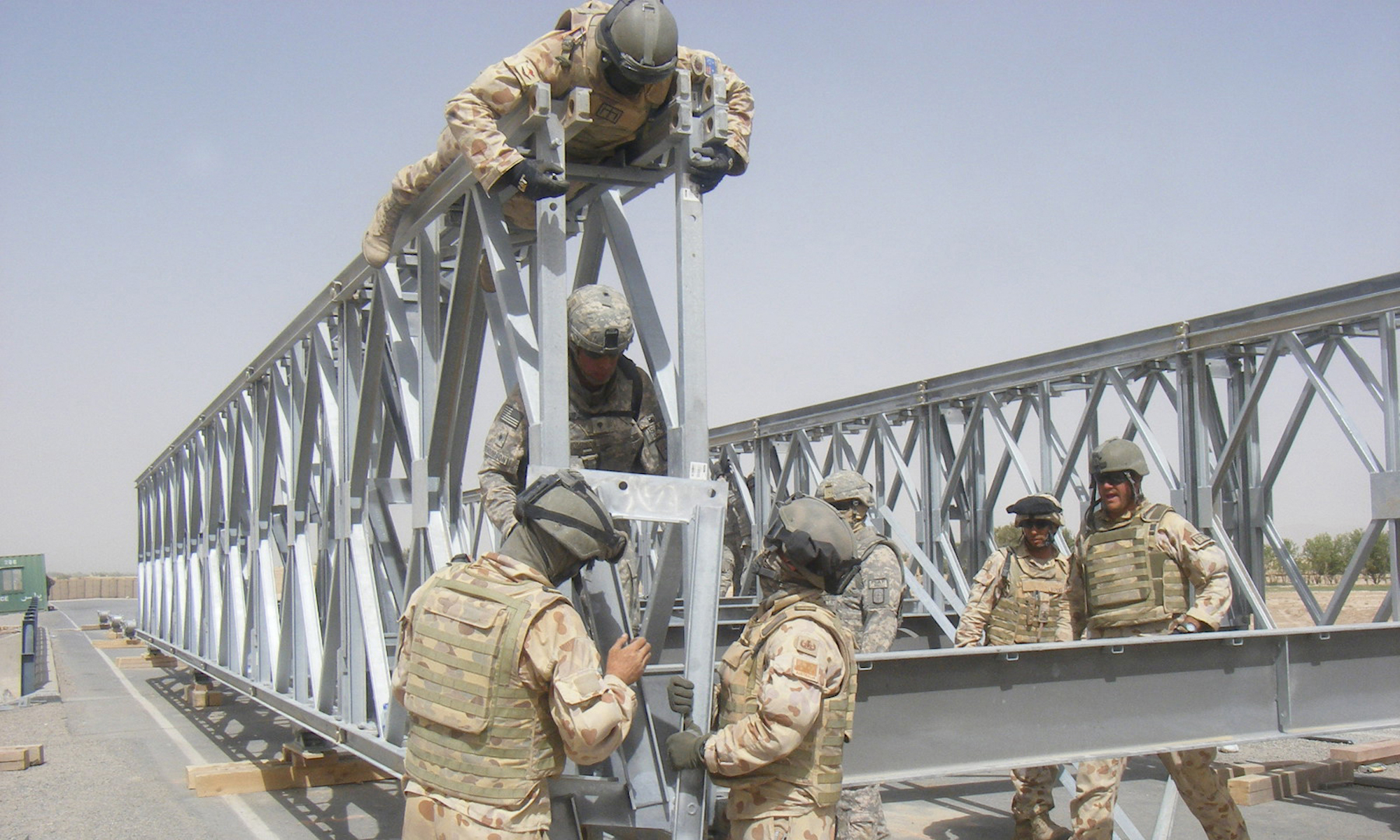Negotiated civil war terminations differ from their interstate war counterparts in that one side must disarm and cease to exist as a fighting entity. While termination through military victory provides a relatively more enduring peace, many civil wars end with peace agreements signed after negotiations. However, research has shown that the implementation of civil war peace agreements is difficult and prone to collapse. Often these failures are followed by recurrence of the conflict. In some cases, the agreements break down before key provisions are implemented. This article adds to this topic by focusing on the role of state capacity in peace agreement success. We argue that peace agreements and state capacity are necessary but not sufficient conditions for sustainable peace. The article employs a case study approach to explore the importance of state capacity in implementing civil war peace agreements. The role of third-party interventions is also considered. The cases (United Kingdom-Northern Ireland, Indonesia-Aceh, Burundi, Mali, and Somalia) include 14 peace agreements that vary by war type (secessionist or control over government), type of agreement (comprehensive or partial), levels of state capacity (high or low), and peace success (success, partial or failure), and each experienced third-party involvement in the peace process.

INSCT Postconflict Research Database
The Institute for National Security and Counterterrorism's Postconflict Research Database & Analysis Project stores cross-indexed bibliographic information on hundreds of journal articles, books, book chapters, and case reports that address the broad, interdisciplinary fields of postconflict reconstruction, stabilization, and peacebuilding.
47 Replies to “Civil War Peace Agreement Implementation and State Capacity”
Comments are closed.